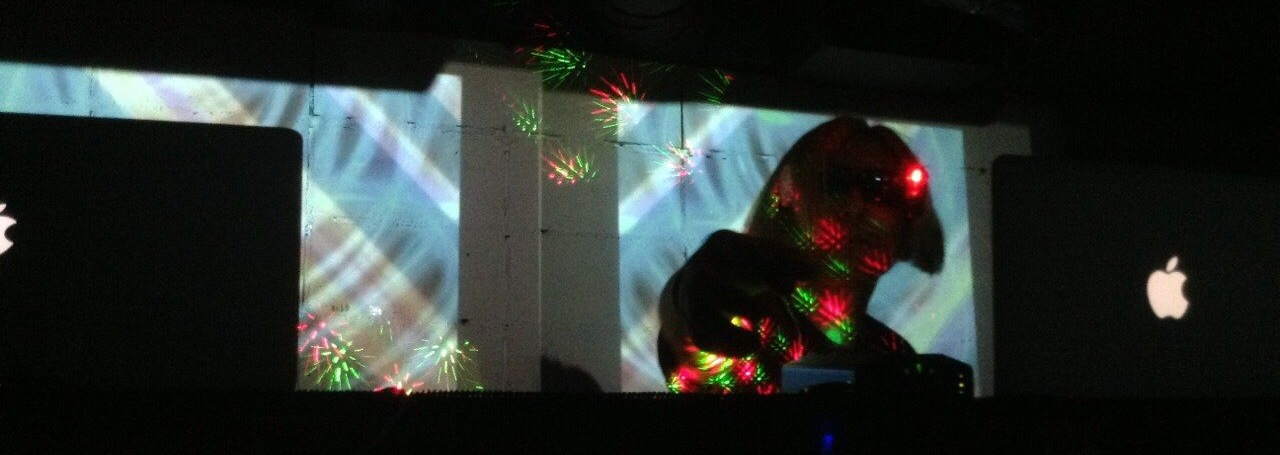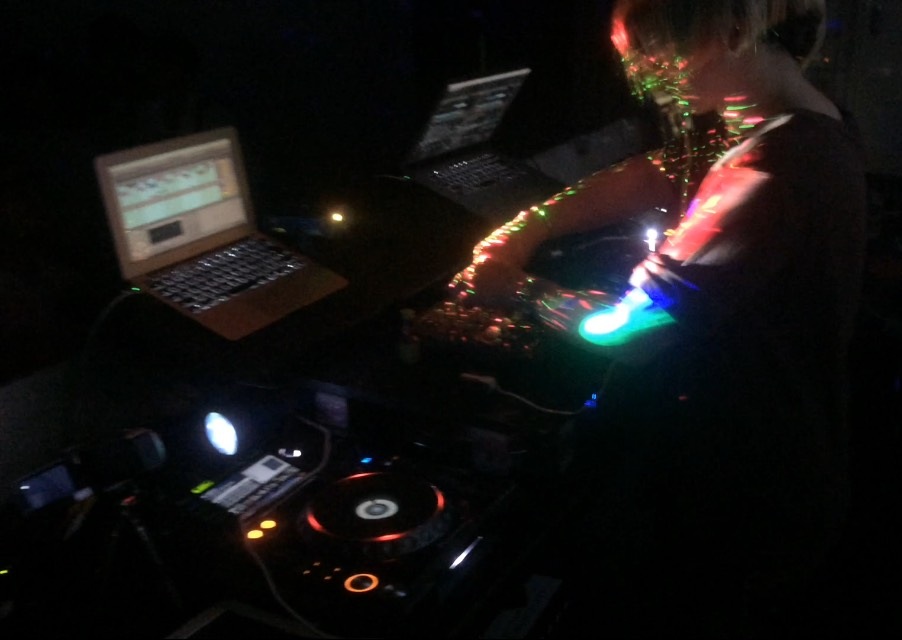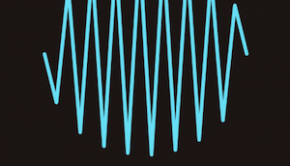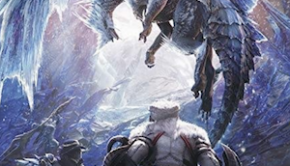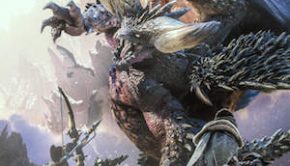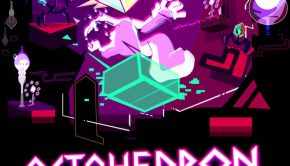Yuji Takenouchi Interview: New Ventures After Dark Souls
When we first interviewed Yuji Takenouchi back in 2010, he was a composer only just pushing past a career slump. In the five years since, he has emerged as one of the leading names in the industry: serving as the sound director for the generation-defining Dark Souls, offering one of the most refreshing soundtracks in years with D4: Dark Dreams Don’t Die, and making his mark on the massively successful Monster Hunter franchise between numerous remix, collaborative, and original projects.
In this interview, Takenouchi reflects on his successes on the last five years while giving a firm taste of what the future holds. Coinciding with his recently announced involvement with Brave Wave, the composer reveals he is targeting the West for future game projects and has several exciting albums in the works.
Interview Credits
Interview Subject: Yuji Takenouchi
Interviewer: Chris Greening
Translation & Localisation: Tomoko Akaboshi, Gerardo Iuliani
Editor: Chris Greening
Coordination: Chris Greening
Interview Content
Chris: Yuji Takenouchi, welcome back to VGMO -Video Game Music Online- and thanks for talking to us today.
Yuji Takenouchi: Likewise, thanks for giving me this kind of chance once again. It’s always great to be able to hold interviews with you.
Chris: It’s been a big year of change for you. What inspired you to leave FromSoftware and join AccessGames? How have your experiences at the two developers differed?
Yuji Takenouchi: I made the sound for dark-fantasy games like Demon’s Souls and Dark Souls while I was at FROM SOFTWARE, but I didn’t really want to keep working on the same kind of game all the time (*laughs*). Jokes aside, I never had the chance to create game audio that got so much praise around the world as the ones I made for these games, so I’m very thankful to FROM SOFTWARE for bringing so much attention to my work.
Most game companies work like this: once the development on a title is complete, the next title they’ll work on will come out of nowhere. While this approach gives them stability, games made like that are products created out of the great suffering to which that company’s workers end up being subjected. I don’t want to feel something like that, and I came to hate the very idea of having to yield myself to such a kind of work.
It was during these times I reunited with the producer for AccessGames, [Nobuo] Tomita-san, who used to be my comrade-in-arms when we were making games at Konami. He told me many things about jobs being available at AccessGames; attracted to his train of thought, I decided to move and start working there.
Chris: You recently served as the sound director for D4: Dark Dreams Don’t Die. Can you tell us about how you developed a distinctive sound for this title that matched SWERY’s image for the game? What aspects of the game’s story and imagery insired you?
Yuji Takenouchi Over half of the music direction for D4: Dark Dreams Don’t Die was in the hands of the directors SWERY and [Hiroyuki] Saegusa-san. I was introduced to MANYO-san [Tomomi Teratani] while I was still working at FROM SOFTWARE. He was always conversing back and forth with SWERY and Saegusa-san on how to compose the music up to the time I joined the AccessGames staff.
I started directing the sound from episode 2 onwards. Since this is the first time I made the sound production for something that seemed like an American soap opera, it ended being pretty difficult for me because the music for them isn’t a genre I normally listen to. But SWERY taught me a few things, and using “music” in one way or another, I managed to produce a sound fitting for that world.
Chris: The soundtrack for D4: Dark Dreams Don’t Die was extremely refreshing. What inspired the largely jazz-based approach for the music? Together with MANYO, how did you also integrate all sorts of stylistic experiments and emotional interludes into the music?
Yuji Takenouchi: It’s because SWERY and Saegusa-san framed the D4 soundtrack by using previously existing songs from dramas and movies. Given it’s harder to convey images through music than doing so through words or pictures, by showing us and using these preexisting songs, we were able to understand the shape of the music the director wanted in a concrete way. So we could say we utilized a music creation pattern I never used before: making new songs while referencing preexisting soundtracks.
Chris: In addition to your in-house work, you also continue to be active as an independent composer and remixer. How do you manage to fit everything in? What do such activities mean to you as an individual and musician?
Yuji Takenouchi: It seems like many people are misunderstanding what I’m doing, as I’m not actually a freelancer. While I’m doing in-house work like it was the case for D4, and supplying music and remixes for titles developed for other companies, all of that is still considered as part of my work for AccessGames. I don’t think I’ll ever find another company that lets me work in the way I’m doing now. Aside of my work as a creator, I also giving lectures at the schools every week to help raise the young generation who we’ll pass the game industry’s baton to in the future.
While several companies have given me work offers or shown intentions to establish new business relationships with me, so far none have put out offers for something I wanted to do. I’m really thankful to AccessGames for trusting me so much, to the point of leaving everything in my hands.
Chris: Since we last talked to you, you have also worked on the massively successful Monster Hunter series. How did you adapt the music for the sound of the series for its felyne spinoffs Mon Han Nikki Poka Poka Airu Mura & G.
Yuji Takenouchi: When I first came onboard on this project, I wasn’t sure about what to do for the music for it. As it’s a spin-off for the Monster Hunter series, I initially went ahead by arranging the music from the series in a cute way. But when I tried presenting these arrangements to Capcom, they told me they wouldn’t mesh with the image the series has and thus I met with them to discuss a new direction. As a result, I ended making original songs for Airou Village.
I must admit that I was very anxious working on this project, because I had never been in charge of a game that had such a cute world setting to it. However, I actually ended up having sketches for songs come down upon me every morning while I was taking a shower. I was able to finish it because Capcom didn’t have any qualms with me making the soundtrack at a song-per-day pace. It was the same rhythm at which I worked for Dark Souls‘ development, though back then I was making eerie sound effects to reflect its dark atmosphere (*laughs*).
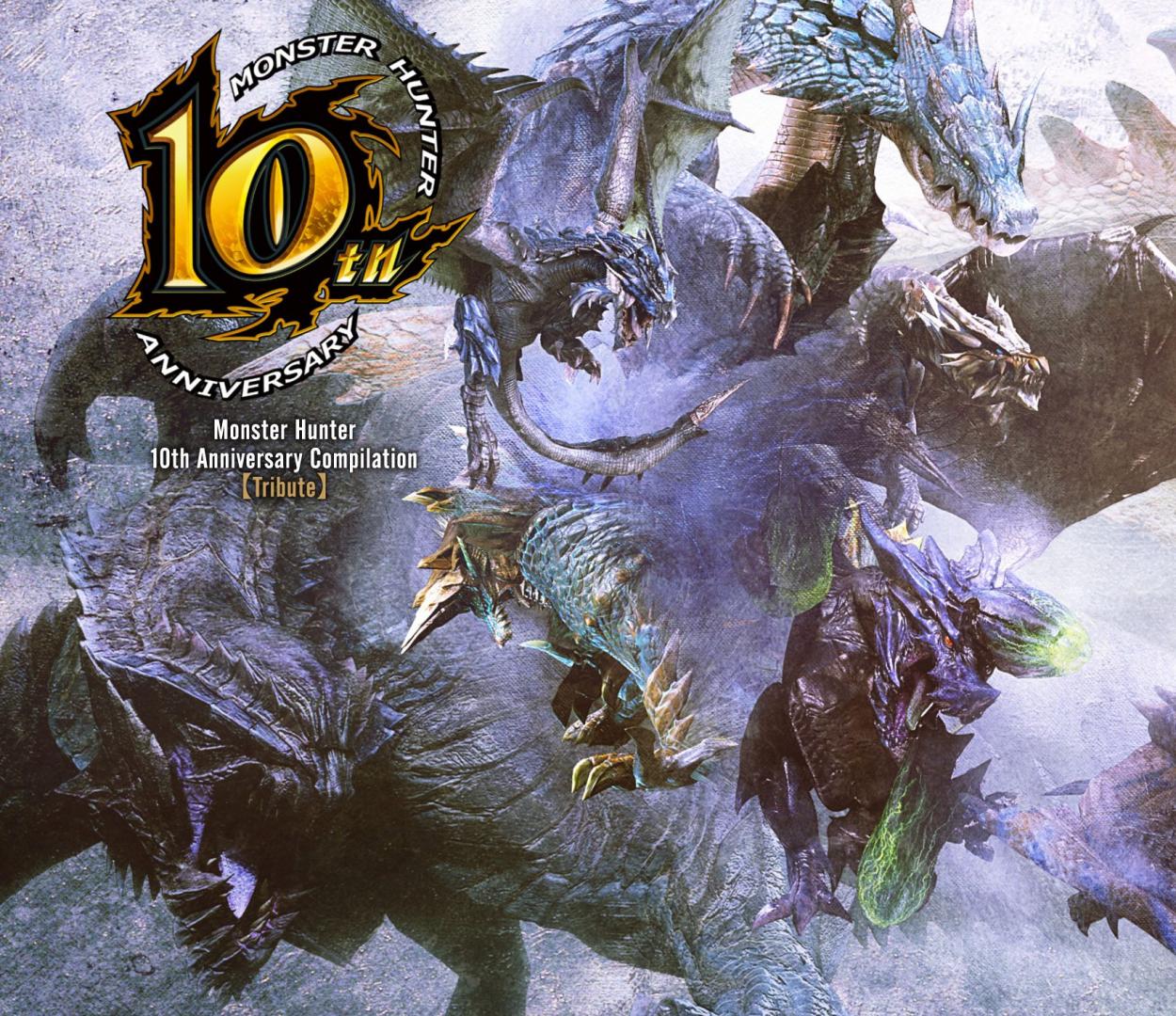
Chris: What was it like to revisit this score on Monster Hunter 10th Anniversary Compilation Album [Self-Cover]?
Yuji Takenouchi: For the self-cover album, since it covers products that were already released and thus it means they were already in a complete form, I had to break down and reconstruct the pieces. This was pretty difficult and required a lot of work and time on my part.
But thanks to all the time I spent on it, I was able to experiment with the music in all sorts of ways I never had done before. Until now, all the music I made was created through the manipulation of soundfonts through a computer, but for this occasion I was able to include live performances of instruments like the violin, the electric guitar, and even female vocals. You could say I was quite diligent in its creation.
Chris: Your latest album, Edge of the Soul, won critical acclaim for its lush electronic sounds. Could you tell us more about the inspirations for these albums? Given you distributed this album on Bandcamp, is it safe to assume you were primarily targeting a Western audience?
Yuji Takenouchi: If I had to say something, the works I publish under missingsoul aren’t actually made to appeal to the game music listeners. Of course, I think game music listeners will also like the missingsoul music quite a bit, but works like these are not exclusively made for them. The reason I use this name is because I made it wanting to make actual club music that could be used in the underground club scene.
My work as missingsoul started back in 1997. While I was taking a breather from working in game audio, I took the opportunity to release something through Belgium’s R&S Records. Maybe we could say this release was with the goal of experimenting with the know-how I got from making game audio and using it to make club music.
It was due to my own pickiness that these works were released in analog recordings (as vinyl discs). But since mp3 distribution services like iTunes are now becoming the world standard, I decided to collect all the songs that were in the vinyls that couldn’t be found any more and start selling them as mp3s through my personal Bandcamp. The short of it: the missingsoul name was made to target “worldwide” “club music” listeners as the main audience.
Chris: Your sound creator’s alliance GE-ON-DAN surprisingly disbanded. Are you able to explain why this happened?
Yuji Takenouchi: The goal of the GE-ON-DAN group was creating bonds and companionship between game sound creators. Since we reached a point in time in which that goal was reached, to a large extent, it felt like the organisation had already accomplished its role.
Chris: Do recent projects such as Game Music Prayer continue to keep the collaborative spirit of GE-ON-DAN alive?
Yuji Takenouchi: For Game Music Prayer, it really does feel like a work that was made as an extension of that goal. As for how it differs, maybe it’d be that GE-ON-DAN was conceived as a circle or organization whereas, if measures to preserve it aren’t taken, Game Music Prayer will dissolve as soon as the projects in which its members take part are finished. By the way, things are now moving in the direction of us making a third Game Music Prayer album.
Chris: On that note, could you let us know more about what can we expect from you in future?
Yuji Takenouchi: This is the gist of what’s happening right now:
1) Taking the time to reflect how the game industry is doing in Japan right now, I think I’d like to shift the basis for my work to the overseas public in the future. [Editor’s Note: Reflecting this, it has just been announced that Takenouchi has joined Brave Wave]
2) Right now, I’m working on making a soundtrack release for CHAINDIVE, a game that was only released in Japan. I think it’ll also be a release that will include arranged versions of its music.
3) We touched on this briefly before, but we’re right in the middle of planning the creation of a CD titled Game Music Prayer 3, with the money from its sales being used to help the victims of the recent Nepal earthquake.
4) As for indie works, I have been in some talks about making a side-scrolling 2D ninja action game using crowdfunding methods, which would feature music from several composers who worked on “ninja games” in the 1980s and 1990s. As I also was involved with the creation of the music for Mystic Warriors, I think I’d like to take part on it if the project actually takes off.
Chris: Many thanks for your time today, Yuji Takenouchi. Is there anything else you’d like to say to your fans around the world?
Yuji Takenouchi: Likewise, thanks for having taken the time to interview me. I’m an existence so minor that I’m not supposed to be known by many (which is why I’ve never really thought about wanting to be famous or anything like that *laughs*). So while I don’t know how many fans my music has gotten, I’ll be very happy if you can continue supporting me in the future.
Posted on June 13, 2015 by Chris Greening. Last modified on June 24, 2015.

